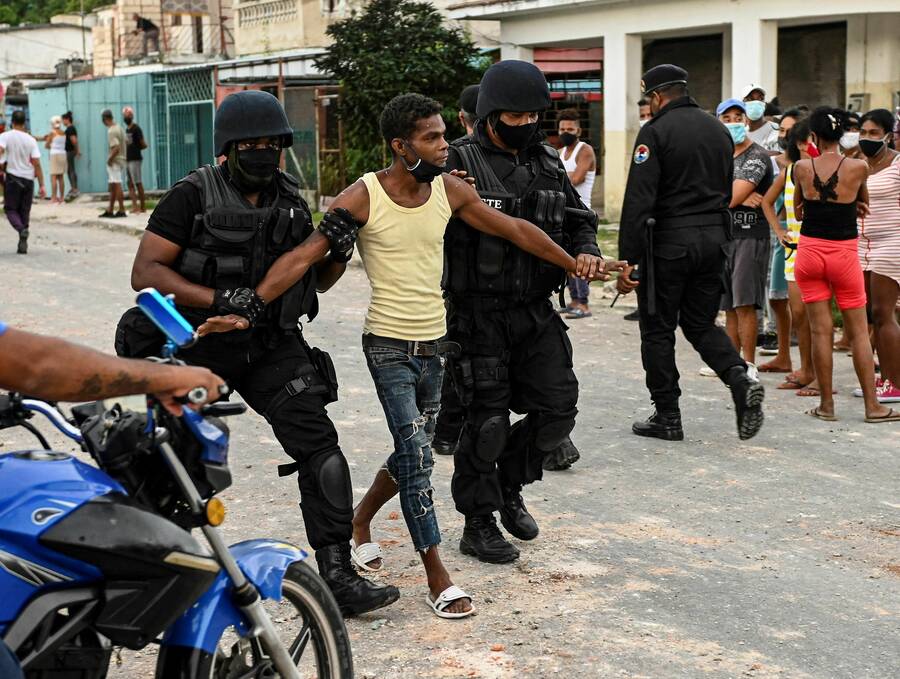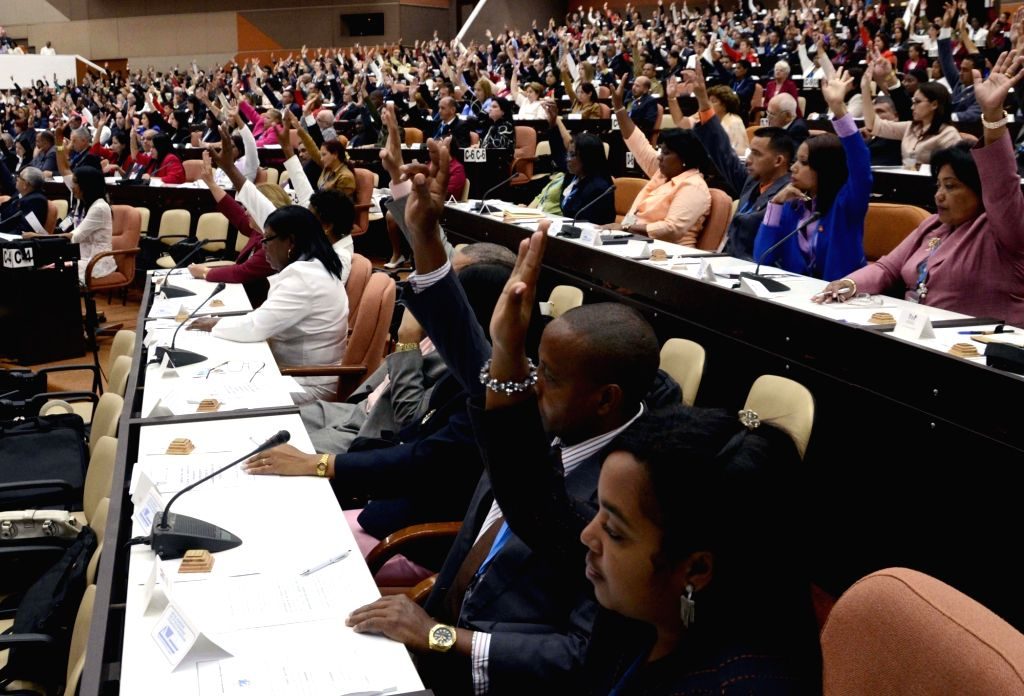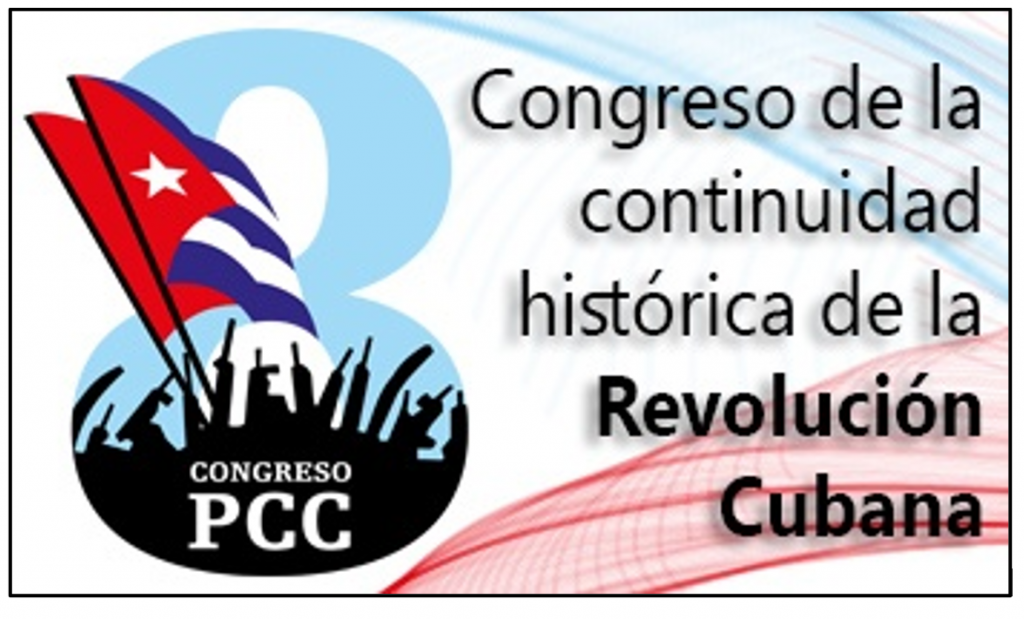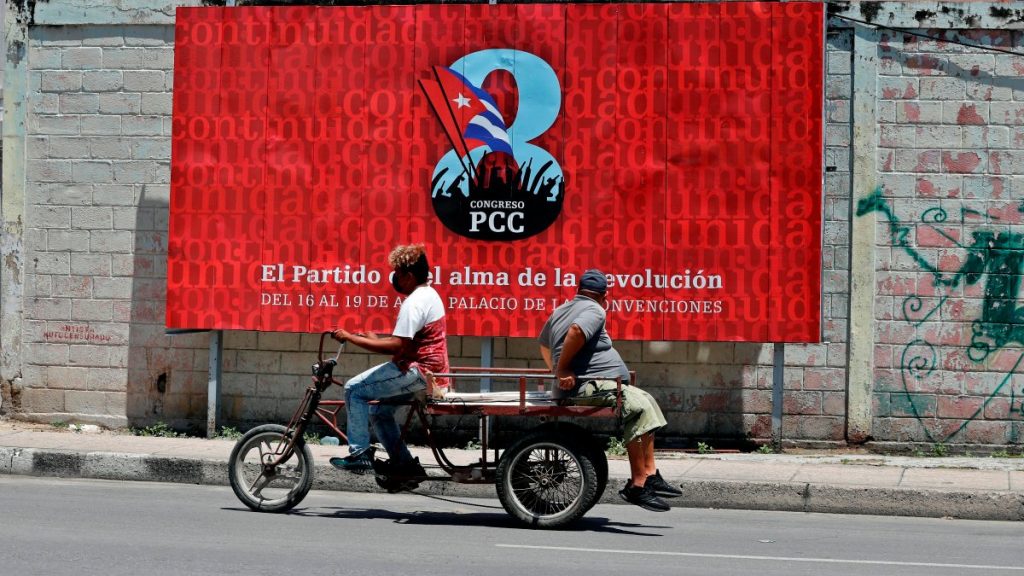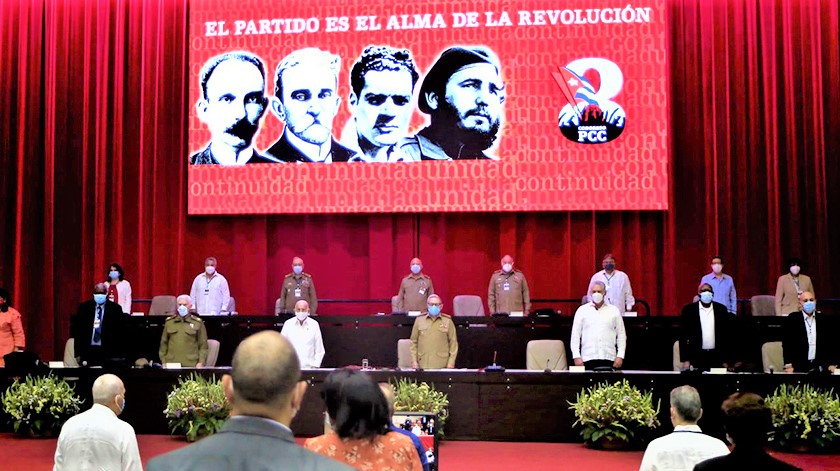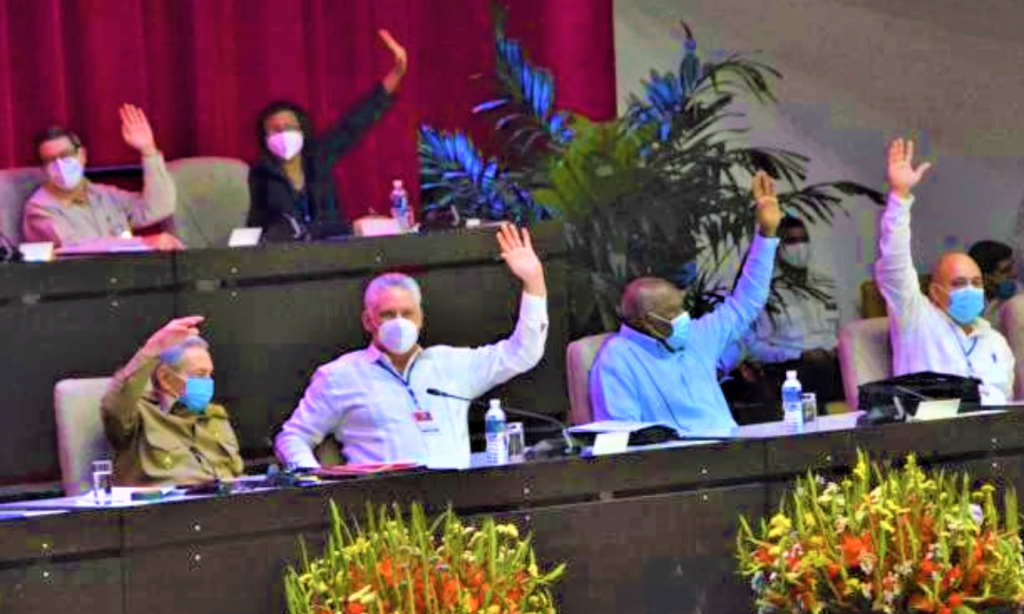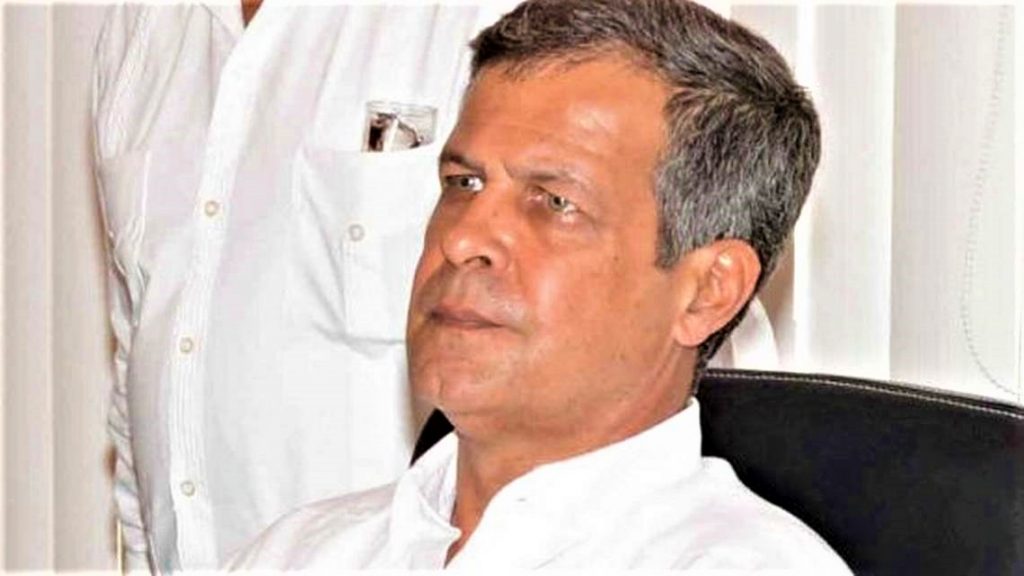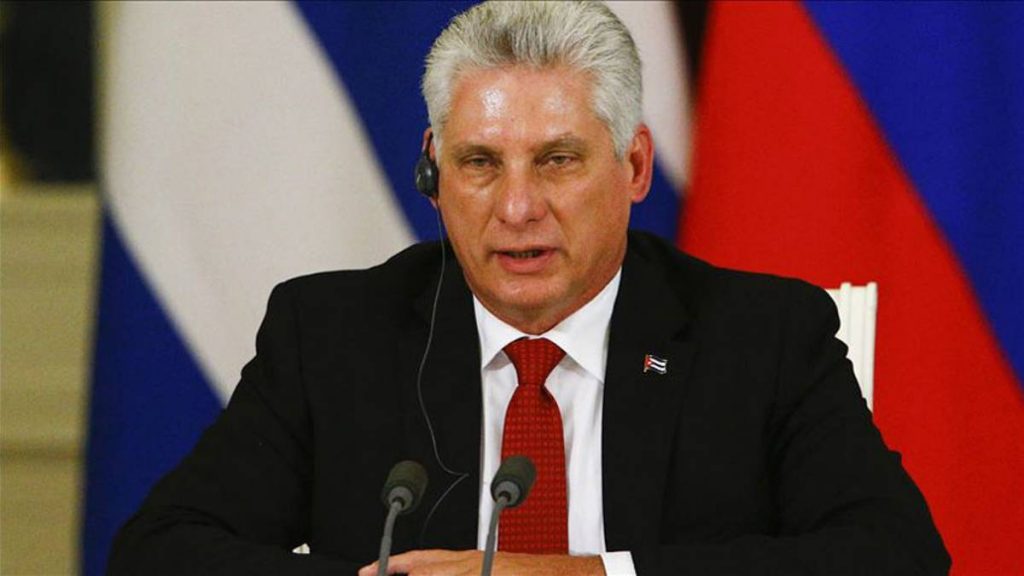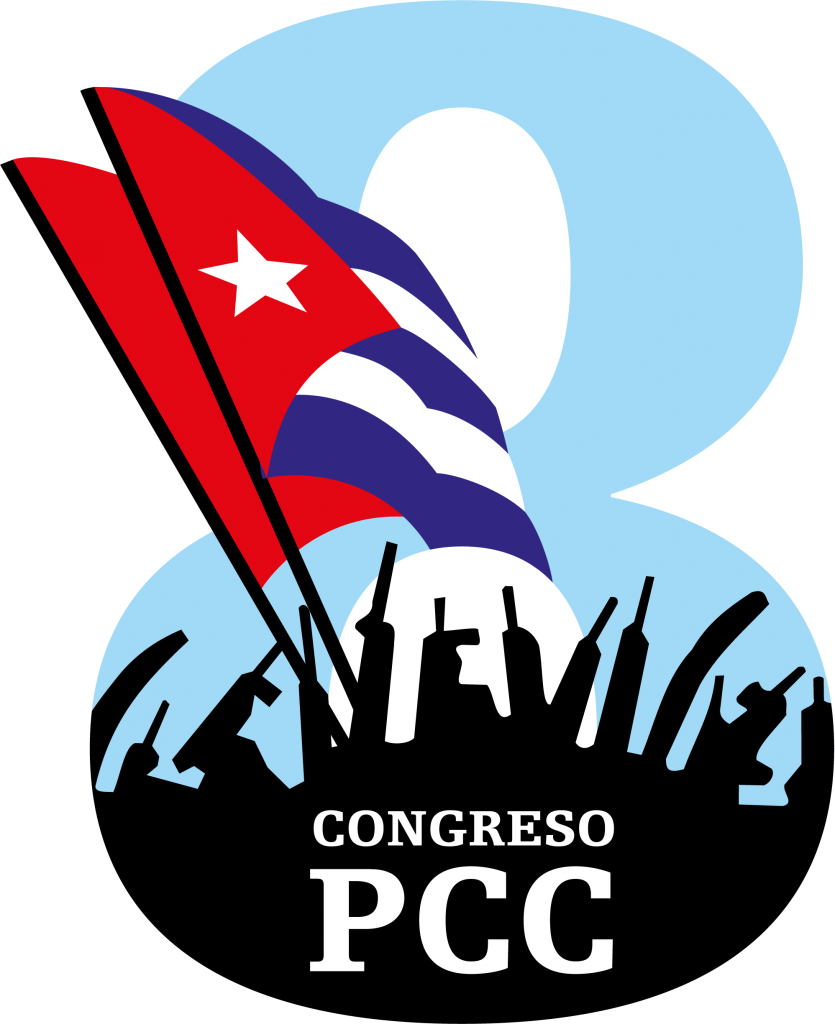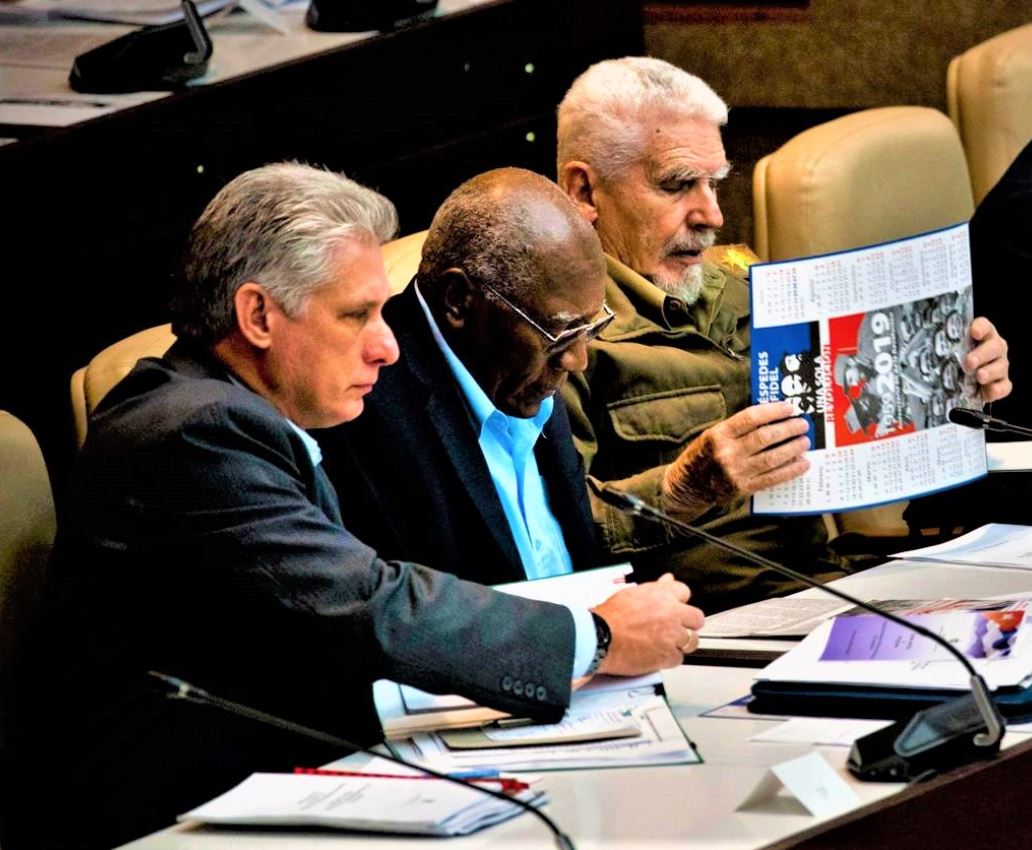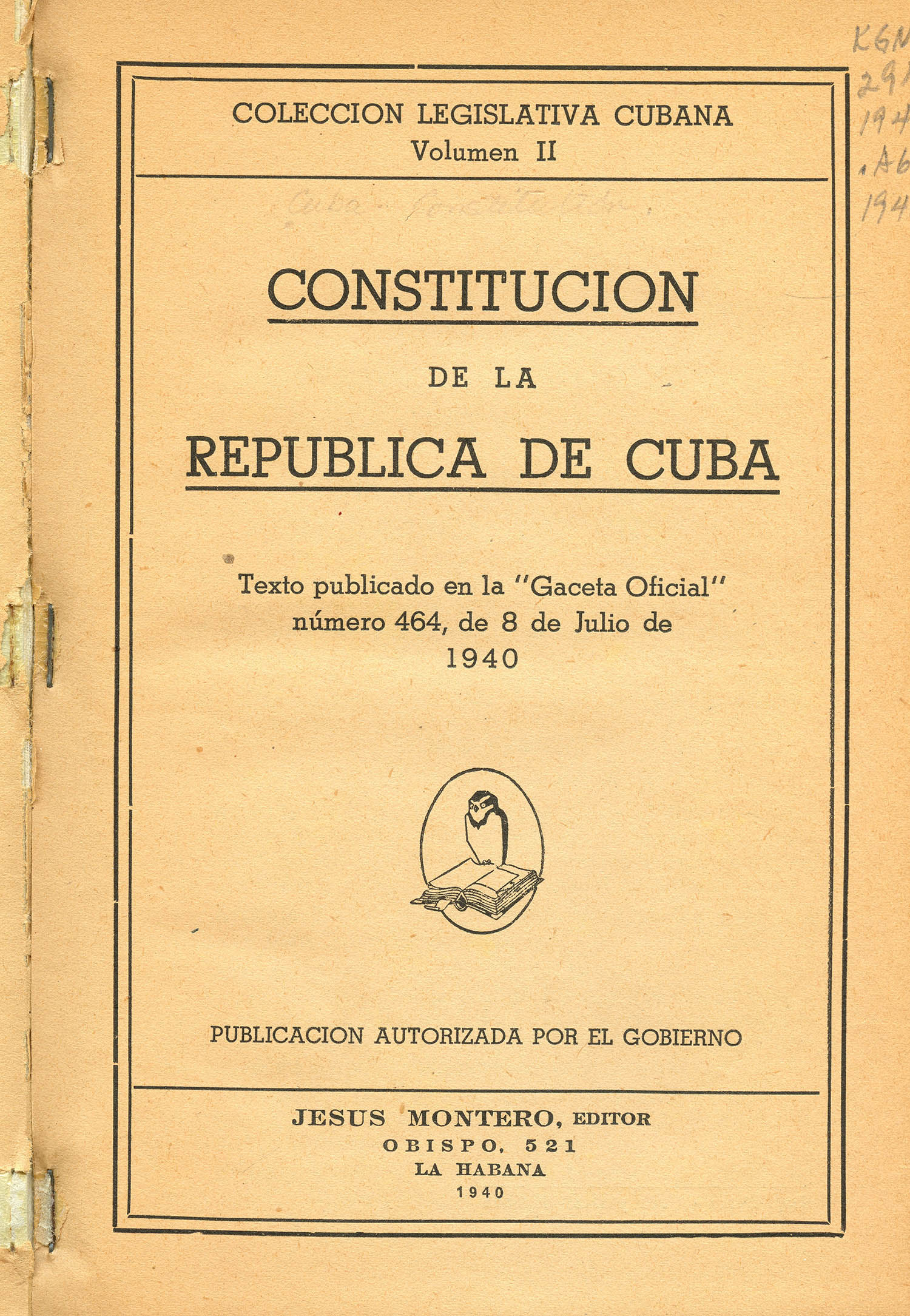Will the November 15 protests in Cuba provide a democratic opening?
Samuel Farber
IN THESE TIMES, November 12, 2021
Original Article: How to Democratize Cuba
The demonstrations of July 11 were the first great autonomous and democratic movement of Black and poor Cubans since 1959. The demonstrators did not chant any of the slogans of the U.S.-based Cuban Right.
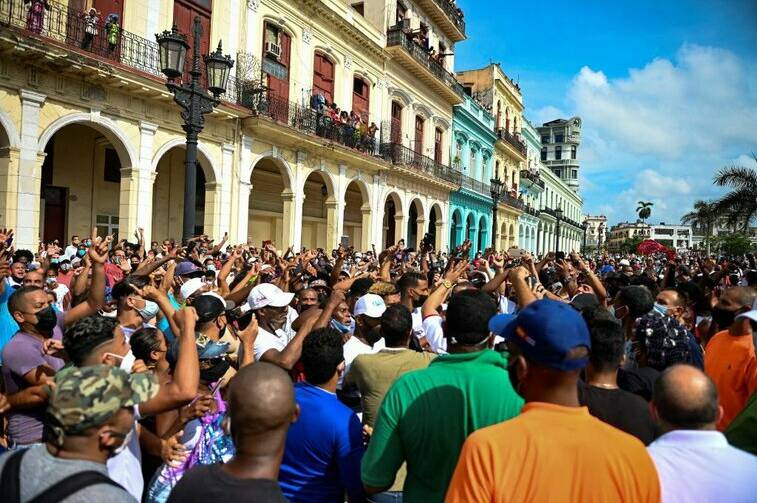
While it is true that the Cuban rap “Patria y Vida” (Life and Fatherland) that inspired many July 11 marchers is not clear about the alternatives it proposed to the social and political system that rules the island, it cannot be said, as some have pretended, that its political content is right-wing.
In response to the July 11 demonstrations, the Cuban government decided to prosecute the great majority of the hundreds of demonstrators arrested on that day. As is its wont, the government has refused to provide the number of arrested demonstrators, the charges against them, and the sentences that were imposed on them. It seems that some of them were subject to summary trials without the right to a defense lawyer, and got sentences of up to one year in prison. However, for those that the government considered to be the protest leaders, the prosecution demanded much longer sentences. That is why, for example, in the case of 17 Cubans who were arrested in San Antonio de los Baños, a town near Havana where the protests began, the prosecutors demanded sentences of up to 12 years in prison.
At the same time, the government increased its social assistance in numerous poor neighborhoods of the capital and other cities in the island, which indicates that even if it has not publicly admitted it, it is worried about the popular discontent expressed on July 11, and it is attempting with those social services at least to calm the people hardest hit by the economic crisis, and to diminish the growing alienation and anger with the regime of large popular sectors.
At the same time, the political leadership has tried to discredit the popular protest, taking advantage of its absolute control of the press, radio and television to broadcast images of the demonstrators who got involved in violent incidents, deliberately ignoring that the great majority demonstrated in a peaceful manner. The official mass media similarly ignored the violence, that under the leadership’s orders, the so-called “black berets” and other repressive organs, like State Security, carried out against people who were exercising their right to demonstrate peacefully.
The profound economic crisis – exacerbated by the Covid-19 pandemic and by Trump’s imperialist measures that Biden has almost entirely kept in place – especially affected the Black and poor Cubans who went out into the streets on July 11. That crisis is not about to disappear with the official reopening of foreign winter tourism on November 15
Besides, the government no longer counts with the degree of legitimacy that Fidel and Raúl Castro, together with the rest of the “historic” generation, enjoyed when they ruled the country. People like Miguel Díaz-Canel, the new president of the Republic and First Secretary of the Communist Party of Cuba Central Committee, and Manuel Marrero Cruz, the Prime Minister, belong to the systems’ second bureaucratic generation, whose political prestige and legitimacy does not compare with that of the historic leaders. It is not idle speculation to wonder how many of the July 11 demonstrators would have insulted Raúl Castro and even less Fidel Castro with the epithet singao (fucker or fucked) that they yelled at President Díaz-Canel.
I am among those who think that the national demonstrations of July 11, may very well be a watershed in the contemporary history of Cuba. But this depends on how the Cuban people respond to the call by the citizen virtual platform Archipiélago to organize demonstrations throughout the island on November 15. We will then see if the demonstrations of July 11 sowed the seeds of tomorrow’s fruits, or if unfortunately July 11 was only an isolated outbreak of rebellion and discontent.
The call to demonstrate on November 15 could not happen in a more opportune moment than this. After the great explosion of July 11 – and the manner in which the government responded — it was politically logical that the next step would be to pressure the government to recognize, de facto, if not de jure, the right of the people to freely demonstrate in the streets.
It was also to be expected, that the government would proceed, as it effectively did, to deny the permit for the demonstration, arguing that “the promoters and their public postures, as well as their ties with subversive organizations or agencies associated with the U.S. government have the manifest intention to promote a change of Cuba’s political system,” and citing the Constitution of 2019 that defines the socialist system that rules Cuba as “irrevocable.” In other words, the present Cuban rulers have the constitutional right to maintain and control the ruling system in the island per saecula saeculorum (forever and ever).
This is the constitution that was adopted under a one-party system that monopolizes the access to television, press and radio, and did not allow other opinion currents and parties to participate in the process of writing the new constitution in 2019. The control of the one-party system was such, that the citizens who participated in the discussions sponsored by the government in different places to voice their suggestions about the project, did not even have the right, even less the opportunity, to organize and coordinate their suggestions with those of other people in other meeting places; nor were they able to promote directly their suggestions (without the filters and censorship by the PCC) to the Cuban public through the mass media, a classic symptom of the deliberate political atomization maintained and promoted by the one-party system.
It is impossible to predict how and to what degree the government’s prohibition is going to affect the reach and dimensions of the protests projected for November 15. To plan small protests, as has already been proposed with the purpose of appeasing the all powerful Cuban state, would be perceived by the regime as a victory (achieved through its abuse of power).
The international press would also see it that way, whose importance in these situations must be taken seriously, including its impact on the Cuban government as well as on the opposition. Such a victory would be proclaimed by the Cuban government as a defeat for the legacy of July 11. And it would embolden it to at least maintain the political status quo without conceding anything.
But it also must be taken into account the drastic measures that the regime will take to prevent people from joining the march, something they could not do on July 11 because of the unforeseen nature of the protests. Cuba’s Attorney General has already publicly warned that it will take very harsh measures to punish those who go out in the street to challenge the regime on November 15. Face with such a reality, it is very possible that many people will decide to stay home and not demonstrate. And that same government will no doubt weaken the possibilities of the movement by arresting, hundreds and hundreds of Cubans before the day in which the demonstration is scheduled to take place, as it has done on other occasions,
It is difficult to prepare for the repression that is likely to occur. But should the Cuban people confront the state in a massive protest – people must be prepared to take advantage of that display of power to present and promote democratic demands. A massive protest on November 15 could lead a surprised and fearful government to adopt a hard repressive line, which is very likely, or to open new possibilities for the autonomous organization of new political forces in the island.
This latter possibility would require a strategic and tactical reevaluation of the proposals and political attitudes of the new critical left in Cuba, keeping in mind that it might possibly occur in the context of a triangular conflict among this new left, the government and U.S.-based Cuban Right. Such proposals, that should have been put forward a long time ago, would become, with this opening, truly indispensable.
First on the list would be the abolition of the single party state, that has been justified by the government in a great number of occasions and with the most diverse arguments for so long. Among these is the appeal to José Martí’s (Cuba’s principal Founding Father) idea of political unity. At the end of the Nineteenth Century, Martí called on all the factions and groups that supported Cuban independence to unite under the banner of the Cuban Revolutionary Party to more effectively combat Spanish colonialism. When Martí made this call for unity for the independence cause, he was trying to overcome the petty jealousies and authoritarian tendencies of the insurgent military leaders and unify the military campaign against Spain under civilian control. The unity that he called for with respect to war, had nothing to do with the party system that he, together with other independence leaders conceived for the new Cuban independent republic, and even less for the constitutional establishment of a one-party state that would exclude or declare other parties illegal.
Another justification frequently argued by the regime is based on what Raúl Castro called the “monolithic unity” of the Cuban people that the PCC pretends to represent. A conceit that was irrefutably exposed by the diversity of the July 11 demonstrations. Even less serious are the government’s May Day proclamations, when it declares that the PCC is the only party that can and should represent the Cuban working class.
The one-party system is the principal obstacle to the democratization of the country, a qualitatively different process from the liberalization that the regime has implemented to a certain degree, as for example, when in 2013 it considerably increased the number of Cubans who could travel abroad. While it liberalized travel out of the country, it did not establish traveling abroad as a right for all Cubans in the island, but as a privilege discretionarily conferred by the government, as it is shown by the situation of Cubans who have been “regulated,” and are not permitted to travel abroad and return to their country.
It is for reasons such as this, that politically conscious Cubans who are concerned with the arbitrariness that has typified the system of the current ruling class of Communist Party officials, have insisted for a long time in the necessity to establish what has already been sanctioned even by the 2019 Constitution: a country governed by the rule of law that functions according to laws and not based on the discretion of those who rule.
This is a fundamental demand in the struggle against arbitrariness, privileges and the abuse of power. However, it is an impossible political goal under the dominant one-party state in Cuba, where the political will of the PCC, transmitted through its “orientations” is above even of the laws and institutions of the system itself.
Those who consider that the abolition of the one-party state is too radical a demand, but who want to still participate in a movement to democratize the country, could push for demands that advance the struggle along the same road and educate the people, making more transparent the enormous power of the PCC. Thus, for example, they could argue that while the PCC is the only party allowed to legally exist, it should represent the full social and political diversity in the country, which at present it clearly does not.
The argument in favor of the inclusion of diversity in the party, would lead to the demand that the PCC break with the tradition that they wrongly refer to as “democratic centralism,” which in reality is a bureaucratic centralism: decisions taken from above, in contrast with those based on a free discussion and free vote. To achieve this would also facilitate the right to form, whenever a number of members find it to be necessary, party factions and platforms (for party conventions) inside the party itself.
It could also be demanded that the PCC transforms itself into a purely electoral party, restricting itself to propose its candidates for the elections of public officials. Such a change would bring to an end the “orientation” functions of the PCC, through which it controls and directs, as the single party in government, all economic, political, social and educational activities. Although this change would not by itself bring about greater democracy, it would at least bring about pluralism among power holders, with each elected Communist acting on his or her own, which would effectively fragment the bureaucratic monopoly of the single party.
In reality, these last two proposals differ more in degree than in substance from the first proposal, since they would all be a serious blow to the one-party system and would create spaces to organize more effectively the opposition to the regime, and especially to continue to insist and struggle for the total abolition of the one party system with the objective of creating the political basis for a socialist democracy.


